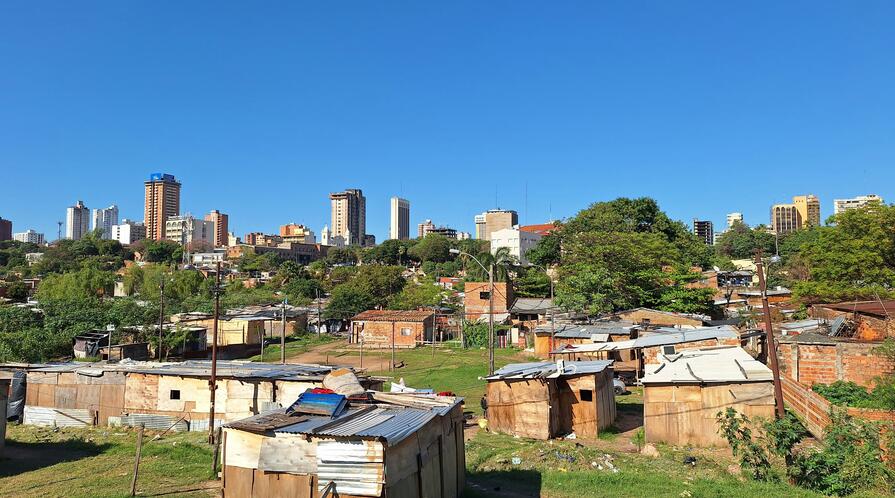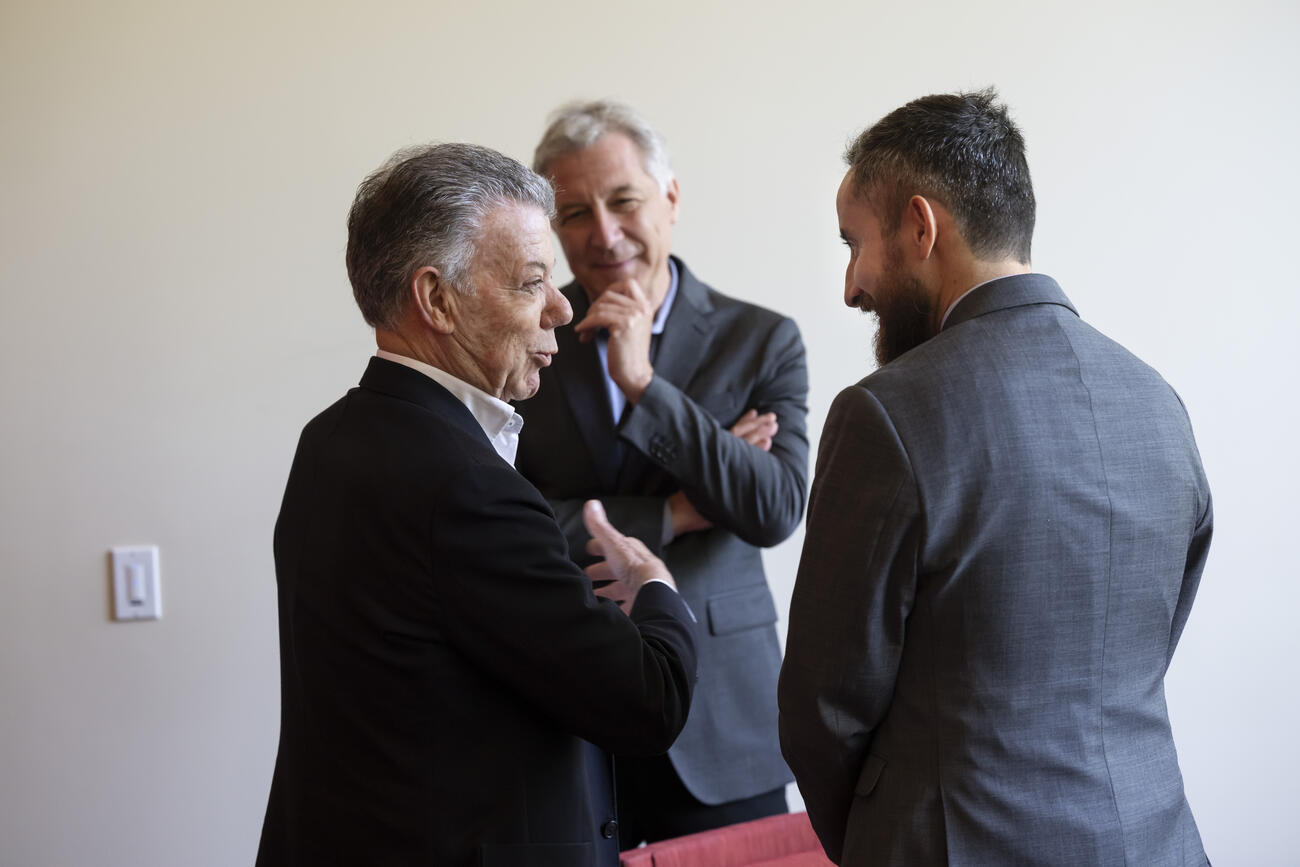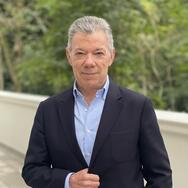Oliver Kaplan
Encina Hall, C151
616 Jane Stanford Way
Stanford, CA 94305-6055
Oliver Kaplan is an Associate Professor at the Josef Korbel School of International Studies at the University of Denver. He is the author of the book, Resisting War: How Communities Protect Themselves (Cambridge University Press, 2017), which examines how civilian communities organize to protect themselves from wartime violence. He is a co-editor and contributor to the book, Speaking Science to Power: Responsible Researchers and Policymaking (Oxford University Press, 2024). Kaplan has also published articles on the conflict-related effects of land reforms and ex-combatant reintegration and recidivism. As part of his research, Kaplan has conducted fieldwork in Colombia and the Philippines.
Kaplan was a Jennings Randolph Senior Fellow at the U.S. Institute of Peace and previously a postdoctoral Research Associate at Princeton University and at Stanford University. His research has been funded by the Carnegie Corporation of New York, the International Committee of the Red Cross, the Smith Richardson Foundation, and other grants. His work has been published in The Journal of Conflict Resolution, Journal of Peace Research, Conflict Management and Peace Science, Stability, The New York Times, Foreign Affairs, Foreign Policy, CNN, and National Interest.
At the University of Denver, Kaplan is Director of the Korbel Asylum Project (KAP). He has taught M.A.-level courses on Human Rights and Foreign Policy, Peacebuilding in Civil Wars, Civilian Protection, and Human Rights Research Methods, and PhD-level courses on Social Science Research Methods. Kaplan received his Ph.D. in political science from Stanford University and completed his B.A. at UC San Diego.

































